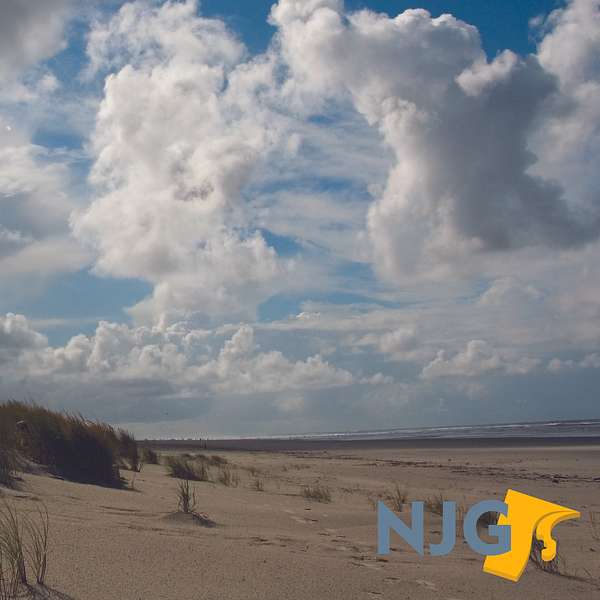
The Paper Trail
"The Paper Trail" is a series of interviews with researchers who published in the Netherlands Journal of Geosciences. We ask them to tell us a bit about the background to their work, the relevance to science and society and just how it was to write the piece!
Episodes
0 episodes
No episodes found